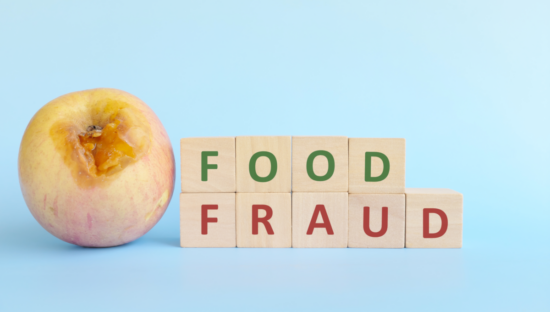The number of fraud and other non-compliance cases reported in April was similar to the month before but much lower than the same period in 2024.
Reports in Europe reached 235 in April 2025, which is close to the 237 alerts in March but down from 341 in April 2024.
Issues listed are potential frauds. Non-compliance may prompt investigations by authorities in EU member states. Details come from a monthly report published by the European Commission.
Data includes suspected cross-border fraud topics shared between members of the Alert and Cooperation Network (ACN) and retrieved from the Rapid Alert System for Food and Feed (RASFF), Administrative Assistance and Cooperation Network (AAC) and the Agri-Food Fraud Network (FFN).
The aims are to assist national authorities in setting up risk-based controls to combat fraudulent and deceptive practices, help the food sector with vulnerability assessments, and identify emerging risks.
A total of 71 reports mentioned fruits and vegetables, with the majority being non-compliant because of pesticide residues. Dietetic foods, food supplements, and fortified foods were second with 37 notices and poultry meat products entered the top three with 15.
The majority of issues were uncovered through border inspections or market controls. On 24 occasions, the method of detection was a company’s internal check and nine times it was a consumer complaint. Two alerts were detected because of food poisoning. Concerns were raised three times following whistleblower information.
Selected notifications
Eight alerts involved the United States in April. They included tartrazine in snacks, THC in sweets, and unauthorized ingredients in food supplements.
Adulteration cases involved the absence of pineapple in tea with pineapple from Poland, extra virgin olive oil from Spain including more sunflower oil than virgin olive oil, and a lower quality species in fish balls from Thailand.
Other product tampering notices were ethylene oxide in ground ginger from Lebanon, irradiation of food supplements, and undeclared pork and chicken in kebab meat in Germany. Allura red was found in gin from Ireland and several notifications were made for chlorate in chicken meat from Brazil.
Record tampering incidents ranged from gluten in gluten-free protein bars to a misleading picture on a cheese substitute product.
One notification related to a horse from the Netherlands that was unfit for human consumption. A number of alerts mentioned THC and/or CBD in sweets, chocolate and biscuits.
Illegal import was suspected for products of animal origin from Moldova, milk drinks from China, and beans from Nigeria. Two unauthorized operator cases involved lamb meat from Poland and sausages from Austria.
Several non-compliances listed ingredients not authorized in the EU, traceability defects, items skipping border controls, and pesticides above the maximum residue limits (MRL).
(To sign up for a free subscription to Food Safety News, click here)



